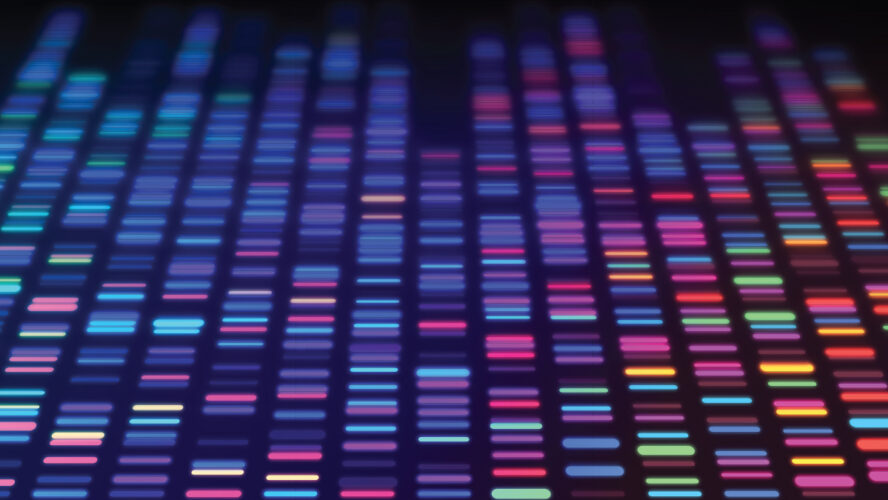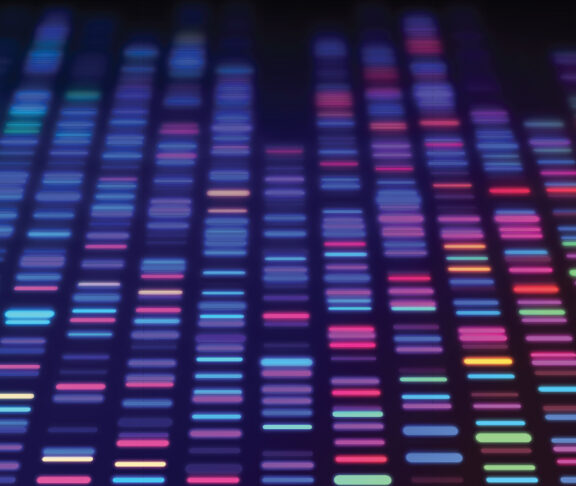My introduction to the rare disease world was like many in the community: a diagnosis.
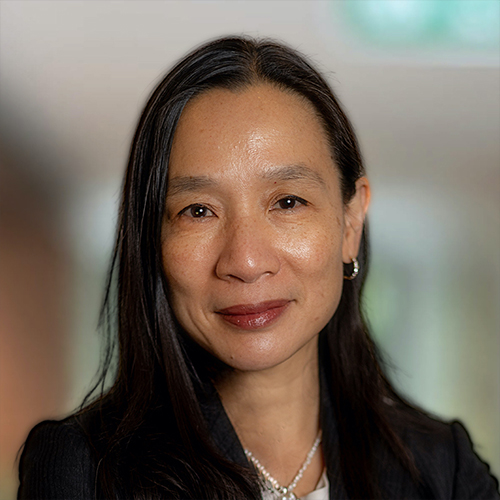
Charlene Son Rigby
CEO, Global Genes
Charlene Son Rigby has spent her career building organizations at the intersection of data, technology, and life sciences, and was previously CEO of RARE-X and Chief Business Officer at Fabric Genomics. She also co-founded the STXBP1 Foundation following her daughter’s rare genetic disease diagnosis. Charlene’s journey in her personal and professional life led to her role with Global Genes, and has propelled the search for a cure for her daughter and kids like her.
My daughter, Juno, was diagnosed with a very rare neurodevelopmental condition called STXBP1-related disorder after a three-year diagnostic journey that started when she was 4 months old. It changed the way we thought we would live our lives.
When we received Juno’s diagnosis, I remember feeling utterly alone. I slowly began to meet other families and together we started a foundation. We began driving forward collaborative research, community support, and awareness for STXBP1. This experience as a next-generation advocate led me to thinking about ways to advance work across rare diseases, which led me to becoming CEO of RARE-X and now Global Genes.
Next generation advocacy, the center of Global Genes’ mission and vision following the merger with RARE-X, allows individuals to utilize the tools and resources needed to accelerate advocacy efforts, and support opportunities to drive research and therapy development.
Next gen advocates work in many ways to accelerate progress for their disorders — and their work spans diagnosis, becoming disease experts, starting a non-profit organization, all the way to finding funders and researchers, doing research, and working with pharmaceutical companies.
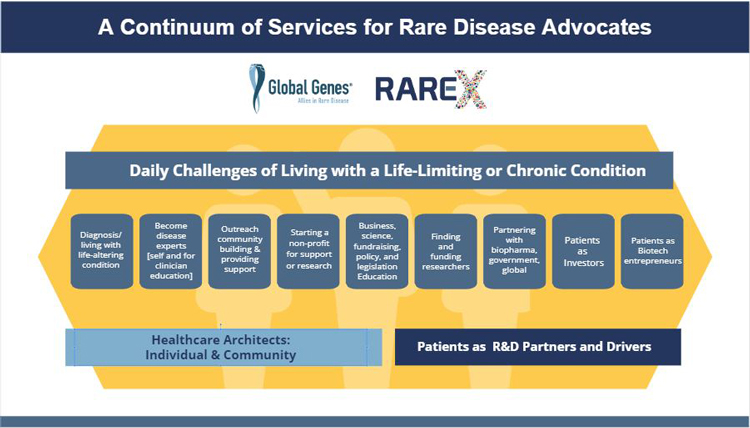
Next generation advocacy journey
Progress does not come without challenges. While the word “rare” is the word that defines our community, Global Genes sees many similar challenges among our patients, families, advocates, and researchers. Last year, we asked our communities where they felt challenges existed, and identified three areas of strategic focus: mental health, health equity, and research-readiness.
Mental health is a serious and complex matter, especially for rare disease families. Our scientific advisory board, partners, advocates, and mental health professionals are helping to identify the best approach and strategy for Global Genes to support patients, caregivers and advocates, and get them the most appropriate resources quickly. We also introduced a grant program open to Global Advocacy Alliance members to allow patient advocacy groups to develop mental health resources.
Health equity is a crucial topic in healthcare overall, but even more in rare disease. Last year, RARE-X published a landmark equity, diversity, and inclusion report that evolved into a collaborative pilot program, in partnership with RareKC and University of Alabama-Birmingham, that will reach underserved and underrepresented communities. The two pilots that started in 2023 will help community leaders (i.e., faith-based leaders and rural community liaisons) identify patients with a rare disease, learn about rare disease, provide family support, and build trusted relationships with community health workers and then engage where appropriate in research.
In addition, health equity grants are open to Global Advocacy Alliance members to develop initiatives to improve outreach strategies and address challenges that affect underserved and underrepresented communities. Our RARE Health Equity Forum, in partnership with the Rare Disease Diversity Coalition, brings together stakeholders in the rare disease community to identify the challenges that disproportionately affect underrepresented populations and define collaborative efforts to address those inequities.
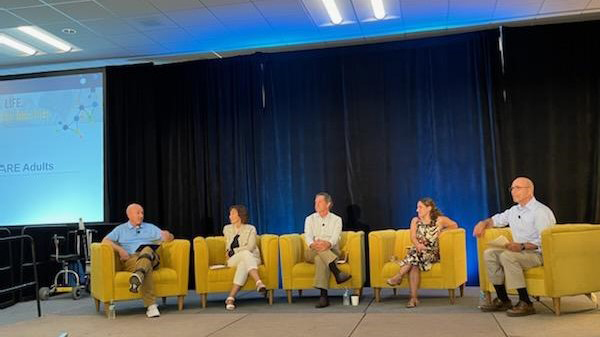
In the area of research enablement, a research readiness framework is launching in 2023. We are catalyzing early work and research that will help advocates entice interest from research partners, including biopharma. There has never been more opportunity for patient advocates to get started with new therapies and treatments in the research readiness realm.
In September, we will be hosting a Week in RARE, combining the RARE Health Equity Forum, RARE Advocacy Summit (formerly RARE Patient Advocacy Summit), and a RARE Partnering and Investor Forum. By hosting these three programs during the same week, we hope that eliminating travel and time commitments lessens the burden for those who desire to attend multiple events for unique content. The community of patients, advocates, researchers, and biopharma and other key stakeholders who attend will appreciate meaningful and actionable takeaways that should positively impact the important work ahead for all of us.

